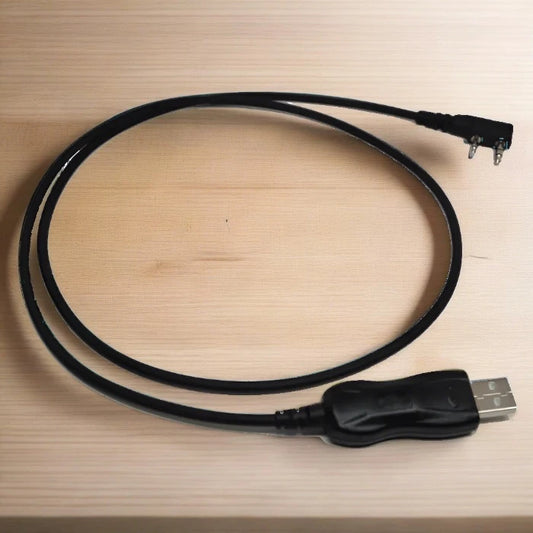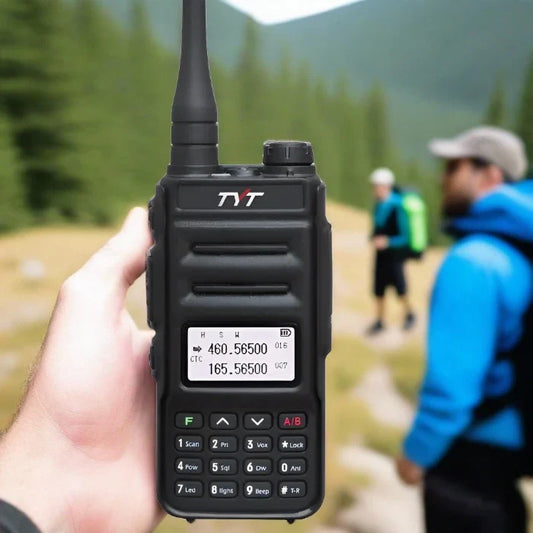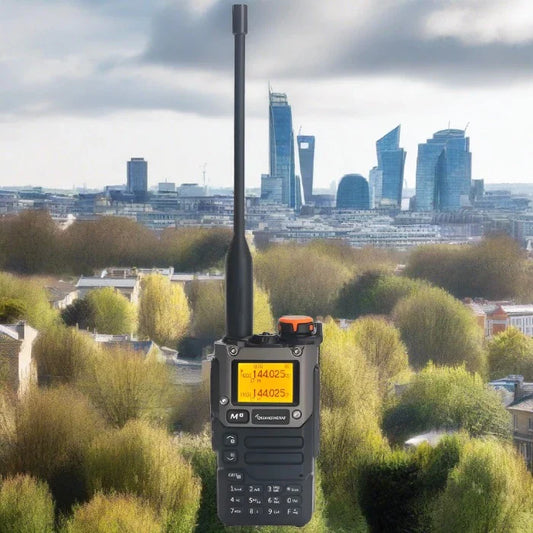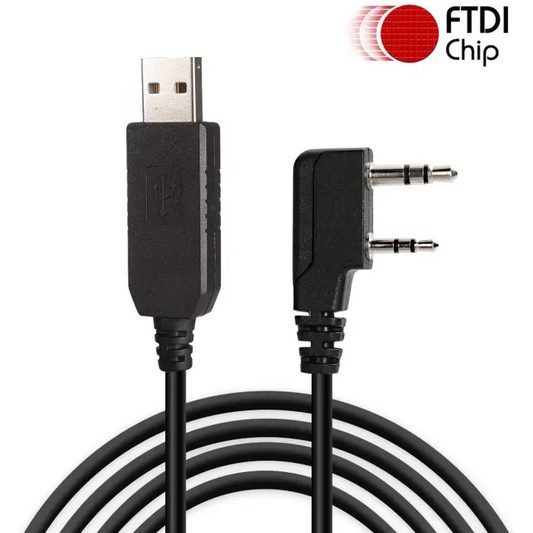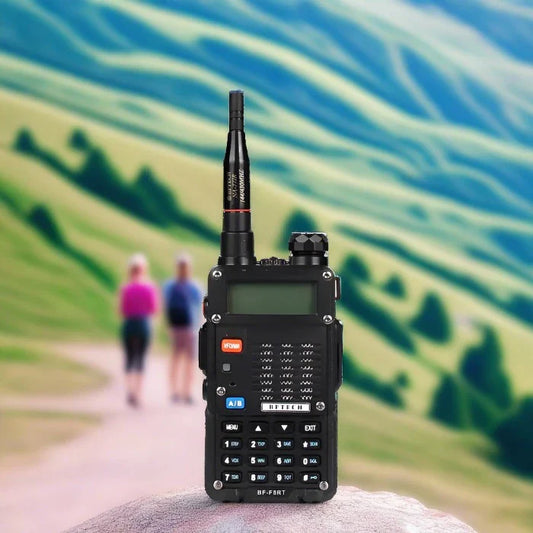Discone antennas are a popular choice for a wide range of applications due to their robust nature. They are commonly used in communication systems, radio astronomy, and radar systems, among other applications. A discone antenna is a type of omnidirectional antenna that is capable of receiving and transmitting signals in all directions, making it an excellent choice for applications that require a broad range of coverage. In this blog post, we will explore why discone antennas are so robust.
One of the primary reasons that discone antennas are robust is their design. They are typically made from durable materials, such as aluminum or copper, which can withstand extreme weather conditions and high winds. Additionally, their design is simple and straightforward, which reduces the risk of mechanical failure. Unlike other types of antennas that have moving parts or complex structures, discone antennas consist of a single cone-shaped element that is supported by a central pole.
Another reason why discone antennas are robust is their wideband frequency response. They are designed to operate across a broad range of frequencies, typically ranging from 100 MHz to 3 GHz. This wide frequency range makes them highly versatile and allows them to be used for a variety of applications. It also means that they are less susceptible to interference from nearby antennas or other sources of electromagnetic radiation.
Discone antennas can also be highly resistant to electromagnetic interference (EMI). They can be shielded with a metallic cover that helps to block out unwanted signals and reduce interference. This makes them an excellent choice for applications where electromagnetic interference is a concern, such as in sensitive communication systems or radar systems.
Another benefit of discone antennas is their omnidirectional radiation pattern. This means that they can receive and transmit signals in all directions, which is essential for applications that require broad coverage. Unlike directional antennas, which have a narrow beam pattern, discone antennas are ideal for applications where the signal source may be located in any direction.
In conclusion, discone antennas are robust due to their simple and durable design, wideband frequency response, resistance to electromagnetic interference, and omnidirectional radiation pattern. They are an excellent choice for a wide range of applications, including communication systems, radio astronomy, and radar systems, among others.





